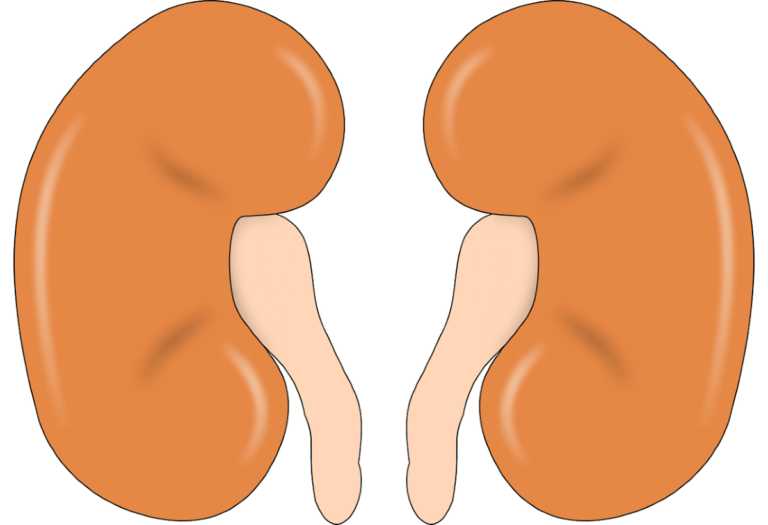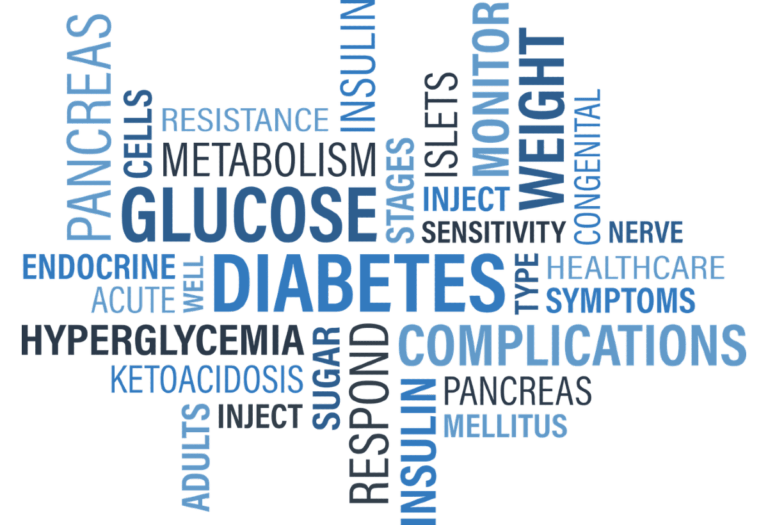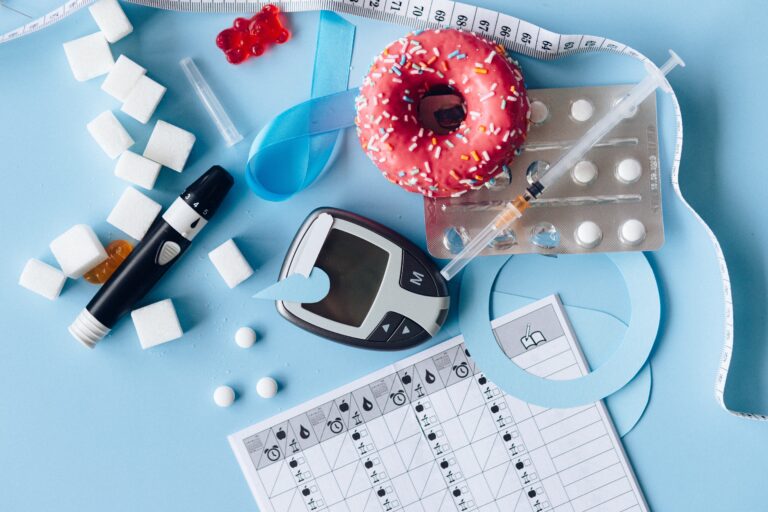Diabetes FAQ
Diabetes is one of the most widespread diseases among Americans today. Here are a few of the questions that people have about diabetes and managing the disease.
Common Questions On Diabetes
- Why do people with diabetes need to check more than their glucose?
- Good glycemic control is the cornerstone for proper diabetes management; however, people who have diabetes are prone to dyslipidemia, CVD, PVD, eye disease, kidney disease and limb amputation. Cholesterol, HDL cholesterol, triglycerides, HgbA1c, ketone bodies, creatinine and microalbumin are all important to measure on a regular basis to keep on top of the complications associated with diabetes. In fact, the majority of people die from complications of the disease and not the disease itself.
- Why do other people need to monitor lipids?
- Coronary artery disease affects over 12 million Americans, and is the leading cause of death in the US for both men and women. (High cholesterol is the leading risk factor for heart disease). Ninety seven million Americans have elevated cholesterol levels. Studies have shown that lowering cholesterol in middle-aged men with hypercholesterolemia reduces the incidence of myocardial infarction. (A co-operative trial in the prevention of ischemic heart disease using clofibrate, The Lipid Research Clinics Coronary Primary Prevention Trial results. Helsinki Heart Study.) In addition, a 1 percent reduction in cholesterol levels offers a 2 percent reduction in risk of heart attack. One in five American men ages 30-34 may have an advanced case of clogged arteries that creates a high risk of a heart attack in the next 10 to 15 years (Source: Journal of the American Heart Association). About half of those who die suddenly of heart disease die without any warning sign like chest pain (American Heart Association). Given the fact that elevated cholesterol levels are a treatable risk factor to lower the risk of CAD and/or MI, early detection, interventions when appropriate and continual monitoring are necessary for all individuals.
- How often should cholesterol be monitored?
- According to the American Heart Association cholesterol levels should be measured every 1-5 years in healthy adults. For people with elevated cholesterol levels every 6 months and for people on drug therapy every six weeks until stable and then at least every 6 months. With poor dietary habits, your cholesterol can increase in as little as 2 weeks.
- Who needs to monitor ketones?
- Ketones are a bi-product of fat metabolism. In diabetics with elevated blood sugar, acute infections or during times of stress diabetic ketoacidosis can develop. This is a life-threatening event that needs timely, accurate diagnosis so appropriate medical treatment can be received. Ketones should be monitored when blood sugar is over 240 mg/dL, during illness, when you are planning to exercise and blood sugar is over 300 mg/dl if you are using insulin and 400 mg/dl if you are not using insulin. Pregnant women should test for ketones each morning before breakfast and anytime the blood sugar is over 180 mg/dl In addition, patients on low-carbohydrate, Atkinís type diets; it is recommended that they monitor their ketone levels to determine if they are in ketosis and losing weight.
- How much faster and more accurate is blood ketones versus urine ketones?
- Ketones may be measured in blood and show up approximately 2-4 hours before they will be present in the urine. In addition, with blood ketones your physician is able to get an accurate reading on your level and know when you need medical intervention.
- What variance is normal in cholesterol values?
- Cholesterol levels can vary by 15 percent from day to day. An 8 percent
difference can even be identified within the same day. According to
the annual survey sponsored by the CAP (College of American Pathologist),
acceptable variations for chemistries follow:
| Analyte | Cholesterol | HDL | Triglycerides, Glucose, Whole blood Ketones | Albumin | Creatinine |
| Evaluation Limits | +/- 10% | +/- 30% | +/- 25% | +/- 10% | +/- .3 mg/dl |
| While daily blood glucose testing tells you what your blood sugar level is at the time you test, HbA1c testing tells you your “average” blood sugar level over the past 2-3 months. These tests are very important in protecting your long-term health. Maintaining good HbA1c levels will help reduce your risk of diabetes complications such as blindness, kidney disease, nerve damage, stroke, and heart failure. |











I hear that more-frequent cholesterol testing might be needed if your initial test results were abnormal and if you’re taking cholesterol-lowering medications or you’re at higher risk of coronary artery disease.